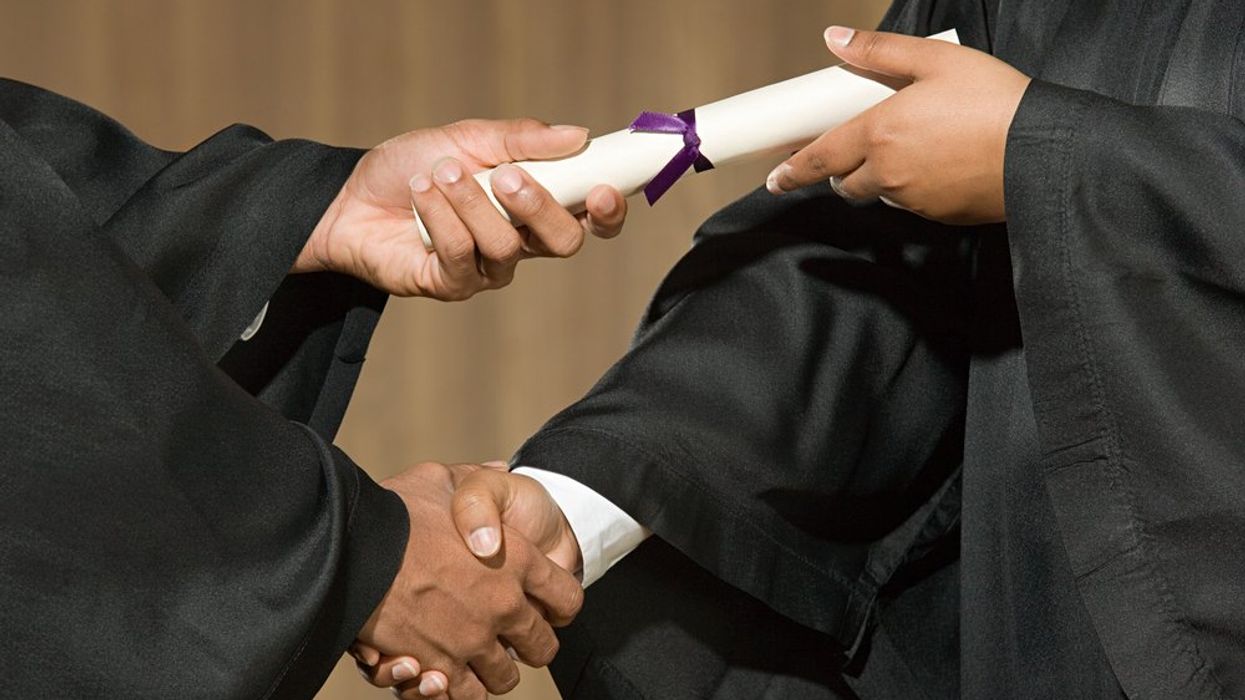The Supreme Court ruled Thursday that affirmative action admissions, which give weight to potential student’s race, are unconstitutional.
In the 6-3 decision along party lines, the court's conservative judges determined that Harvard and the University of North Carolina's affirmative action programs “unavoidably employ race in a negative manner, involve racial stereotyping, and lack meaningful end points.”
“We have never permitted admissions programs to work in that way, and we will not do so today,” the opinion reads.
A conservative student organization, Students for Fair Admissions (SFFA), sued Harvard and UNC schools in 2014 over their practice of affirmative action. They alleged that Harvard discriminated against Asian students, and that UNC discriminated against white applicants by denying them admission. SFFA lost their case in local courts, but appealed.
Affirmative action has been debated since it was first introduced in 1978, when the SCOTUS of the time ruled that diversity brought "educational benefits," and that there is "governmental interest" in considering race when dealing with college admissions. Decades of research in social sciences support this consensus among universities in the U.S.
Ten states already banned race from being considered in college admissions, which has shown extreme consequences for students of color. The 2021 freshman class at the University of California, Berkeley, included 258 black students in a class of 6,931. There were 27 Native American students.
When previously asking the Supreme Court to uphold the practice, several universities noted that racial diversity among students and staff is "virtually impossible" to achieve at competitive universities without affirmative action.
Affirmative action is widely supported by voters in the United States, with 63 percent in a survey previously saying that the Supreme Court should not ban the nation's colleges from considering race in admissions. This included a majority of both Democrats (65 percent) and Republicans (60 percent), with no significant difference based on race or ethnicity either.
In comparison, trust in the nation's highest court is currently at an all-time low.
In their dissenting opinion, Justice Sonia Sotomayor, joined by Justice Elena Kagan and Ketanji Brown Jackson, slammed the affirmative action ruling, as it “rolls back decades of precedent and momentous progress.”
“The result of today’s decision is that a person’s skin color may play a role in assessing individualized suspicion, but it cannot play a role in assessing that person’s individualized contributions to a diverse learning environment,” Sotomayor wrote. “That indefensible reading of the Constitution is not grounded in law and subverts the Fourteenth Amendment’s guarantee of equal protection.”
- Colleges Should Be Allowed to Consider Race in Admissions, Most Americans Say ›
- Without Affirmative Action, the Court of Public Opinion Rules ›
- LGBTQ+ Discrimination Upheld by Supreme Court Under So-Called 'Free Speech' ›
- Asian Americans Feel Used Like 'Pawns' in Affirmative Action Ruling ›
- Without Affirmative Action, Corporate Diversity at Risk ›



















































